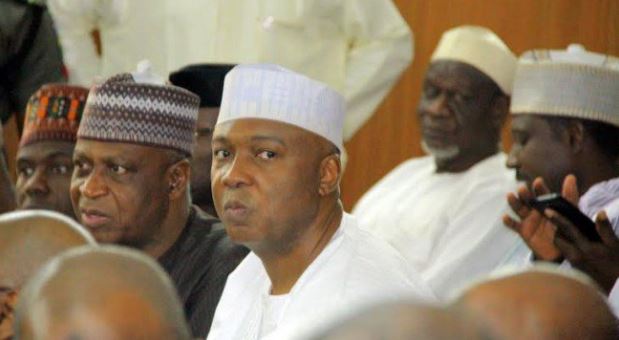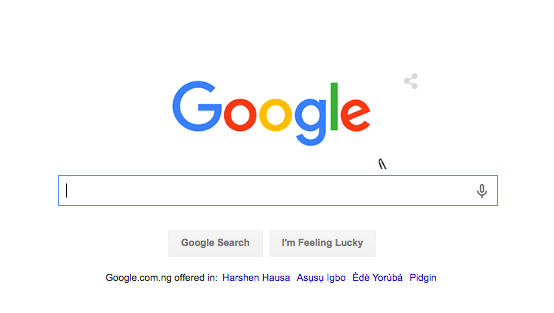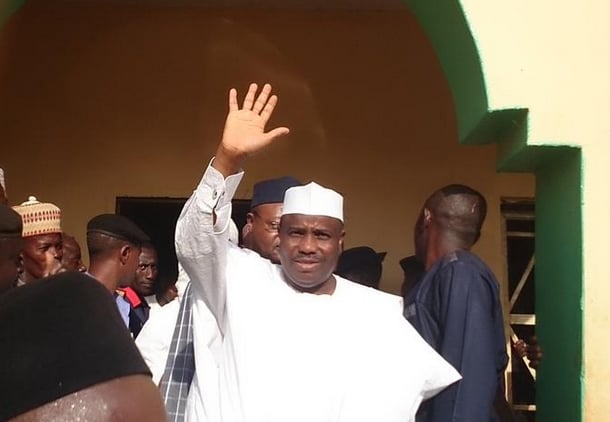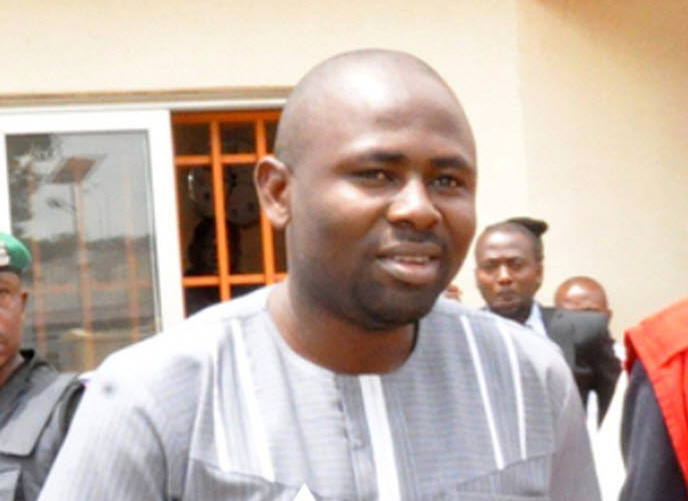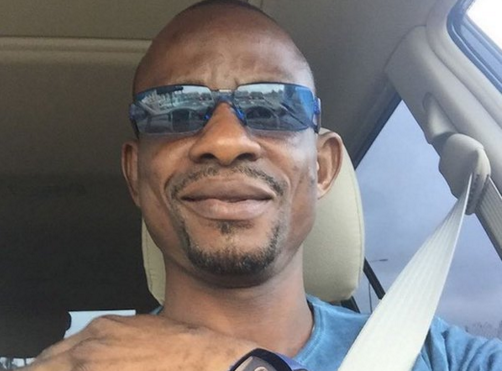Senate President Bukola Saraki has expressed confidence that the appeal against the judgement of the Code of Conduct Tribunal (CCT) which acquitted him of an 18-count charge of false asset declaration, will end in futility.
On Tuesday, the federal government filed 11 grounds notice of appeal against the ruling at an appellate court in Abuja.
But in a statement on Friday, Saraki said the verdict of the court would not be different from that of the tribunal “because the facts of the case remain the same and the grounds on which the decision of the CCT was based on remain unassailable”.
He also lampooned Itse Sagay, chairman of the Presidential Committee on Anti-Corruption (PACAC), who has expressed reservations about the ruling of the tribunal.
Advertisement
Saraki said some people were desperate to pull him down “at all cost”, but they would not succeed.
“This appeal against the CCT ruling is nothing but another attempt to grandstand and embark on another media trial without any substance. This is why the senate president is sure it will be another exercise in futility,” read a statement which his media team issued on his behalf.
“Dr. Saraki continues to wonder how desperate some people in government and their collaborators outside [want] to pull him down at all cost and by all means up to the point that they do not care if they destroy the institution of the judiciary in the process.
Advertisement
“That is why they sponsored stories of allegation of bribery in an online publication against the tribunal judges. The senate president seizes this opportunity to call on security agencies to immediately commence investigation on this bribery allegation. It is his views that those who made the allegation should be invited to substantiate their claims.
“This same desperation made a man like Prof. Itse Sagay, the chairman of the presidential committee on anti-corruption (PACAC) to appear on tape admitting in a foreign country that he interfered with the process in the Tribunal when in an unethical manner he was instructing the judge on how to conduct the trial.
“Corruption is not just about giving or diverting money. When an official interferes with the judicial process with a view to achieve personal objectives, that is corruption.”
He said another desperate attempt was the “failed antics of the prosecution counsel, Rotimi Jacobs, who in collusion with the Economic and Financial Crimes Commission (EFCC) sought to manipulate evidence at the tribunal”.
Advertisement
“On realising the fundamental flaw in its case as it did not invite the defendant to make any statement at any point in the investigation, the prosecution brought in an agent of the EFCC to tender old statements Saraki made in a totally different and unrelated matter that had nothing to do with false asset declaration,” the statement read.
“The prosecution forgot that the letter inviting Saraki to make the tendered statements explicitly mentioned the matter being investigated. At least, there are documents to prove this. The prosecution tried to circumvent the judicial process by ensuring that the witness did not enter into the witness box so as not to be on oath.
“However, the tribunal, as it is obvious in its ruling, saw through the dirty trick. It, therefore, disregarded that piece of evidence and described it as irrelevant and of no value to the case.
“If not desperation by the prosecution, why is the EFCC so involved in a case of false asset declaration which is an exclusive preserve of the Code of Conduct Bureau (CCB)? All the evidence presented during the trial were from the EFCC. The commission rendered the CCB a second fiddle player. That is why the only CCB witness presented by the prosecution gave what the tribunal referred to as ‘hearsay evidence’.”
Advertisement
Add a comment

